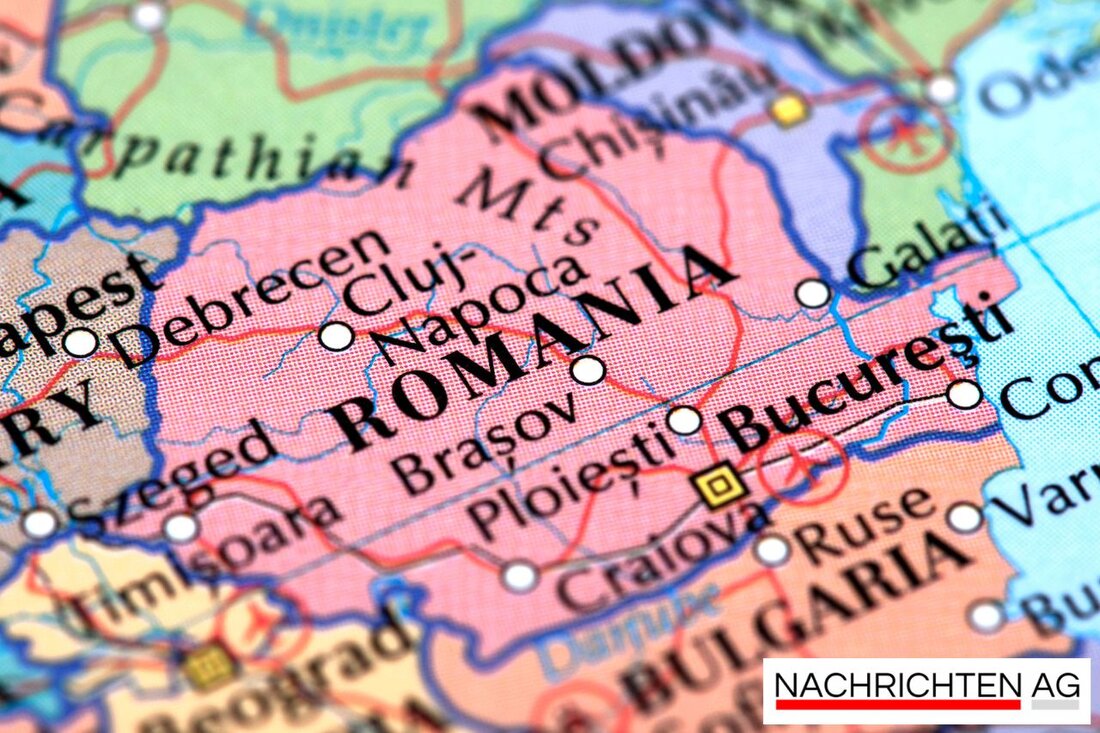Harvest workers in Altenburger Land: Fight for fair wages and good accommodation!
IG BAU demands fair wages and better working conditions for seasonal workers in Altenburger Land who come from different countries.

Harvest workers in Altenburger Land: Fight for fair wages and good accommodation!
In the Altenburger Land, the Bauen-Agrar-Umwelt (IG BAU) industrial union is sounding the alarm. The union is demanding fair wages and decent accommodation for harvest workers, whose hard work takes place under the often adverse conditions of weather and physical exertion. In the region, seasonal workers, often from Romania, Bulgaria, Poland and Croatia, have now become an indispensable pillar of agriculture. These dedicated workers often live in run-down accommodation and face high rental costs while their food costs deducted directly from their wages.
The legal minimum wage in Germany is currently 12.82 euros per hour. No employer is allowed to go below this amount; anything less than this is a punishable offence. According to abg-net, the federal government plans to increase the minimum wage to 13.90 euros from 2024, which is still below the Netherlands' minimum wage of 14.40 euros remains. In this discussion, IG BAU also criticizes the German Farmers' Association's demand to pay seasonal workers only 80% of the minimum wage, which is considered a serious violation of workers' rights.
Labor shortages and international influences
Recruiting workers is becoming increasingly difficult in agriculture. German workers are rarely available for physically demanding seasonal work. Farmers are therefore more dependent than ever on external seasonal workers to secure harvest yields of fruit, vegetables, wine, hops and strawberries. According to bauernverband.de, around 286,000 seasonal workers were employed in agriculture in Germany in 2016. Most of these come from Eastern Europe, but these sources are also rapidly dwindling. In the future, it may become necessary to recruit workers from non-EU countries, depending on the agreed agreements with the respective employment services.
Another important point is the possibility for seasonal workers to work in Germany without a work permit, thanks to the free movement of workers within the EU. Nevertheless, the situation is often complex for the harvest workers. Social security regulations vary depending on the status of the worker, and many seasonal workers who do not earn income in their home country are required by German law to be insured. Compliance with these rules is monitored by various institutions, including social security institutions, customs and trade inspection offices.
Challenges and perspectives
The physically exhausting work and unsafe living conditions of the harvest workers are alarming. While IG BAU advocates for better working conditions, it is essential for farmers to provide both fair wages and adequate accommodation in order to motivate employees and retain them in the sector in the long term. Ultimately, unfairly low wages could only lead to the already noticeable shortage of workers in agriculture becoming even worse. The hope lies in a more conscious design of working conditions and fair treatment of those who cultivate our fields and produce our food.
Seasonal workers in need can contact the Fair Mobility Advisory Network of the German Federation of Trade Unions (DGB) if they have any concerns. There they will find support and information that is relevant to their situation.

 Suche
Suche
 Mein Konto
Mein Konto